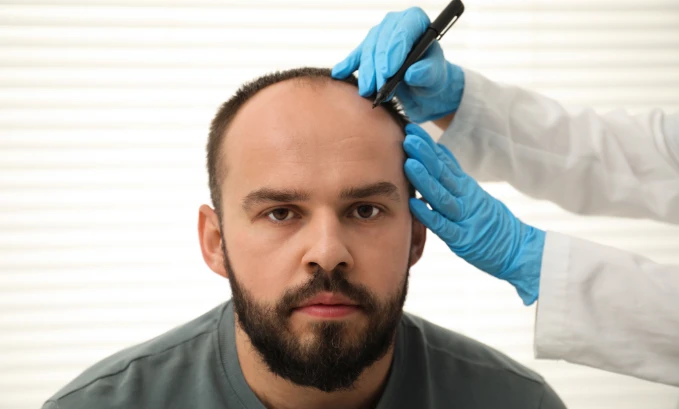
Working within the healthcare system is one of the most important jobs a person can do. Acquiring new knowledge and understanding of how the medical system works is necessary to provide patients with appropriate care. These are some of the courses that will enhance the skills of a medical professional.
Detecting Neglect and Abuse
Medical professionals are obligated to report any sign of abuse and neglect when they notice them. This training will educate you on the importance of detecting these types of patients and reporting their cases to the authorities.
In the end, you will be able to differentiate between mental, physical, and sexual abuse and what is the true meaning of neglect. You will also learn about S.A.F.E questions, which will help you assess the situation of the person.
Informed Consent
We have the right to choose what kind of treatment we want and what will happen to our bodies. This is one of the basic medical principles. It represents an agreement under which the patient has accepted a proposed medical treatment after receiving all the necessary information to make an educated decision.
Healthcare professionals need to understand what constitutes informed consent, both legally and ethically. In many cases, the consent can be given orally but if the procedure is more invasive or the potential risk is high, it needs to be done in written form.
Prevent Transmission of Blood-Borne Pathogens
This course is for nurses, physicians, EMTs, and all those who work in environments where the risk of being exposed to blood-borne pathogens is rather high. HIV infection, Hepatitis B, and C are the first things that come to mind when discussing these types of diseases.
By completing this course you will get informed about the prevention and transmission methods as well as about the regulations and recommendations which were put in place to reduce exposure to BBP within the workplace.
Sexual Harassment
Designed for employees, not managers and leaders, this course will introduce you to different types of sexual harassment such as quid pro quo and hostile work environment. In a typical sexual harassment training program healthcare workers learn what behavior constitutes as inappropriate and how to prevent and report it. This type of conduct in the workplace is categorized into 3 groups: verbal, visual, and physical. Understanding what each of these groups encompasses will allow you to react appropriately.
Diversity and Inclusion
The goal of this training is to make you understand what it really means to work in an inclusive organization. You will get clear definitions on diversity, inclusion, and discrimination; what are the benefits as well as challenges of working in this kind of a team. You will also learn how to eliminate the need to react based on certain stereotypes.
Aseptic Technique Training
This technique is used to prevent the transmission of bacteria and other pathogens during medical procedures. The learning objectives of this course are to make you better understand why this method is so important, what are the necessary steps in hand hygiene and surgical hand scrub, and how to correctly use sterile gowns and gloves. One can’t have too much training in this area.
Developing Clinical Empathy
As a medical professional, to provide your patients with the best possible care, you need to make them feel secured. They need to feel they can trust you with personal and maybe embarrassing and uncomfortable information. To get them to open up, you need to build a relationship with them in a rather short period of time.
That’s why developing clinical empathy is very important. It will make you more understanding of the patient’s situation and more attuned to their needs. You will learn about different types of empathy and their importance, how to identify empathic opportunities and read non-verbal cues.
Understanding Anxiety and Depression
You hear terms anxiety and depression pretty much on a daily basis but what do they actually mean? They are discussed in the media rather often and it seems like more and more people are battling one or both of them.
With this course, you will be able to make a difference between normal anxiety and anxiety disorders as well as the key signs and symptoms of depression. Feeling down and being depressed is not the same and this course will give you the necessary knowledge to differentiate between the two. You will explore these two types of mental illness within the framework of Cognitive Behavior Therapy.













